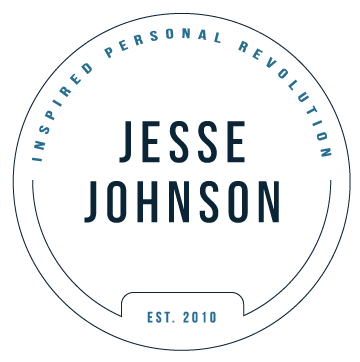22 Jul Why Feminists Should Care About What Happens to Hope Solo
While I’m 100% in support of and excited for the US women’s soccer team winning another gold medal in the FIFA World Cup, I’m also 100% concerned about the upcoming resolution of goal-tender Hope Solo’s domestic violence charge.
As a counselor with several years’ experience in one of the toughest counties in the US (Washington County, OR) when it comes to domestic violence, I have read my fair share of police reports in conjunction with counseling offenders. And while of course only Solo, her nephew, and her half-sister will ever really know what happened between them, it’s clear to me from the police report that she was very likely an aggressor of both physical and emotional abuse. Even more concerning to me is that I sense she is denying any and all responsibility for her actions – probably by refuting some of the events. It is with those assumptions that I proceed.
Here’s why I think what happens with her case this September is a big deal:
1. Domestic Violence is a huge issue right now in the US.
- Domestic violence costs more than $37 billion a year in law enforcement involvement, legal work, medical and mental health treatment, and lost productivity at companies. In my experience as a counselor in a BIP (Batterer Intervention Program), we aren’t getting close to that value in terms of positive change in relationships.
2. Domestic Violence in pro sports is an even bigger issue right now! With the recent cases of Ray Rice and Adrian Peterson in the NFL transcending sports media into all outlets, we are awakening to the severity of this reality.
3. Modeling for Women and Girls – Whether it’s fair or not (probably closer to “not”), the opportunity for higher profile female athletes to become “role models” for millions of women and girls has never been greater. The blessing here is obvious, right? Women getting opportunity to participate, win major events on national TV, and become branded means increased opportunity for the next generation of women and girls. The less fair part of Solo’s flipping traditional gender roles is that it’s easier to make this a gender issue. When male athletes are in the headlines for domestic violence, gender is seemingly – at best – 3rd in the controversy hierarchy, usually behind race and fame-related entitlement. Nevertheless, the fact that Solo is a woman who is being charged as a DV perp is going to be about gender, and I see it as an opportunity to raise consciousness in our culture because of it.
To me, this is a big deal for our culture in how Solo’s case is handled, both by FIFA and the legal powers that be. In our society’s quest for inclusion, acceptance, fairness, and shared power across factors like gender, race, age, and sexual orientation, it is imperative that Solo be evaluated by her actions, just as we demand male offenders are. My guess here is that Hope Solo has used both her gender and her status as a well-known athlete to avoid accountability at times – as many men have, I’m sure (see “Tom Brady”). If Solo charms her way out of her DV charges and is permitted full freedom, it will be an example of encouraging the same gender-manipulative behavior that the system is there to protect!
It’s encouraging the pretty girl who relies on charming excuses to get extensions on college papers, or the high school athlete who can play cute and dumb to disarm a coaches’ boundaries when she’s 15 minutes late to practice. While some might excuse such behaviors as an oppressed demographic “being assertive,” I worry that too many examples like these perpetuate the norm that we actually don’t expect much of women. At our worst, we may expect them to be ditzy, flaky, and helpless, but not responsible, driven, or reliable.
I’m hoping in Solo’s case, whatever the truth holds, that she can be an example of accountability for all women and girls. Sending the message that part of truly respecting women involves expecting them to tell the truth, own their actions, and make amends, when needed.


